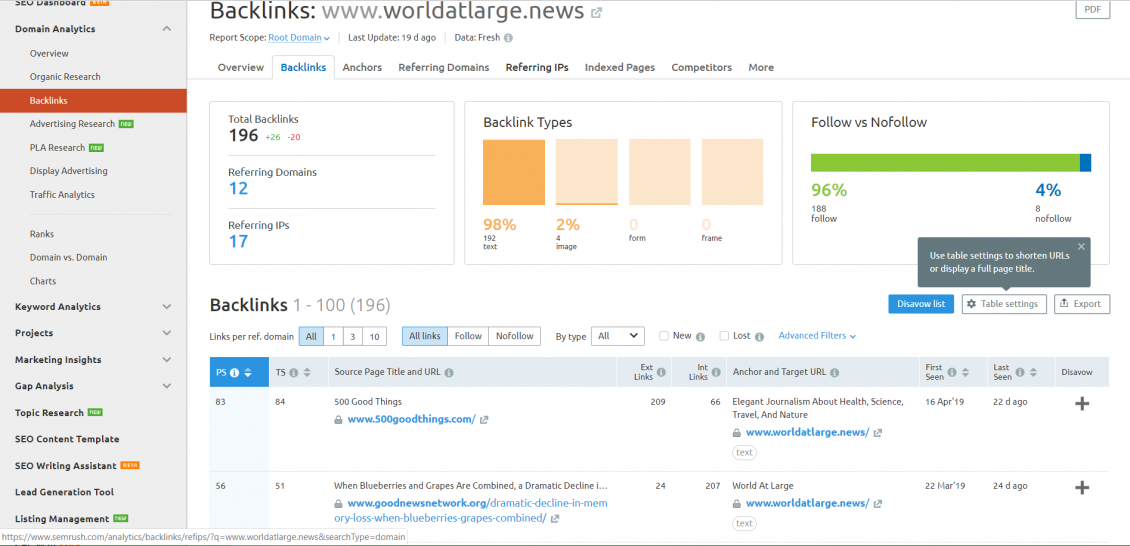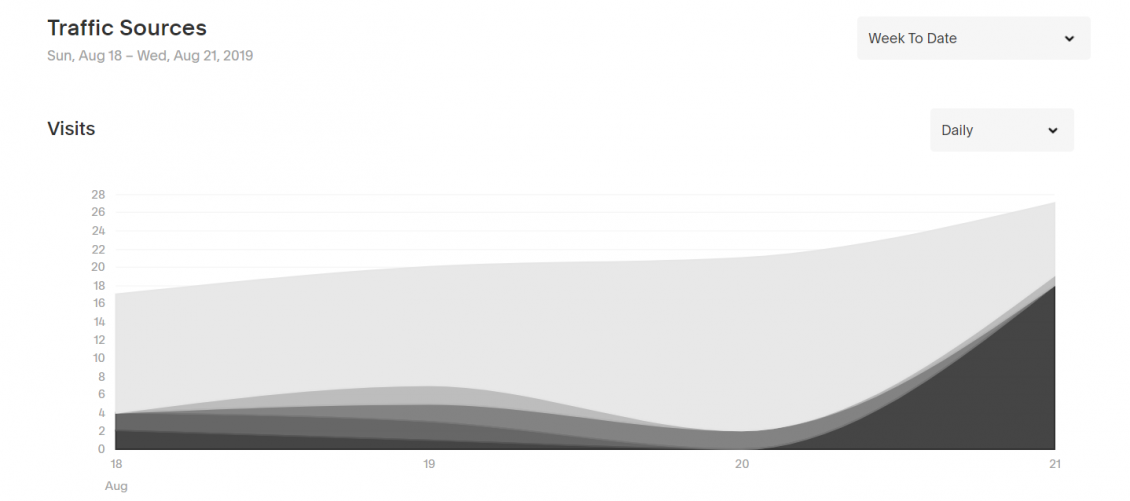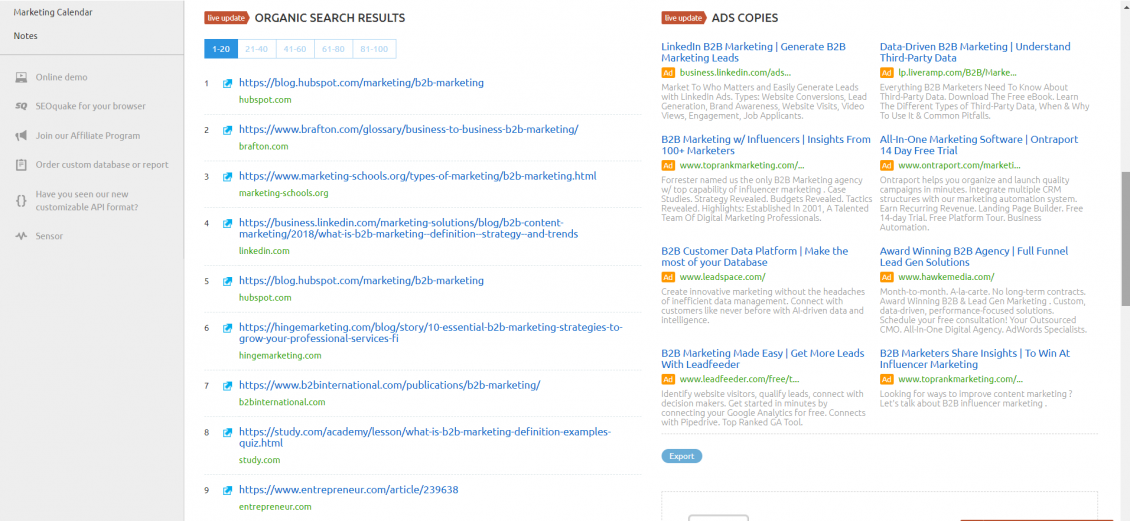If you are the owner of an internet platform of some kind, say a blog, a review site, a news outlet, or an industry publication to name a few, the dictate of content marketing would state that in order to:
You would want to make sure that a rich variety and network of content is available through your blogs, email newsletters, weekly reviews, YouTube channel, or whichever media applies to your content marketing strategy.
It wouldn’t seem sensible to take the content you worked hard to create and ship it off to some other site, right? How could it?
Indeed the critical point of content marketing is to make sure your content is more richly detailed, numerous in publication, broader in consumer interest and response, and varied in media than your competitors elsewhere out there in the marketplace of ideas.
But you’d be wrong…
In this article and in many other cases, I strongly believe that cross-disciplinary experience is a great way to grow your perception of what possible methods of success and growth are out there.
In this topic I feel, as I do in other topics, that journalism is a medium from which the content marketer can divine a lot of good habits, skills, and ideas from.
[insert page='step-by-step-guide-to-keyword-research' display='single-related-article-02.php']
The reporting of news and current events is one of the only other kinds of writing as widely used as content writing; the other being technical writing.
There are a number of good lessons from journalism that any marketer could really gain a lot from, but let’s start going over the one that we’re discussing today; one that leave you with buckets of know-how such as to allow your platform to surge past your competitors.
Have you ever been watching the news and seen a guest come on, who’s preceded with an introduction that sounds something like this… “A writer, whose work has appeared in The Globe, The Sun, and the Herald…”
This sits squarely in the theme of today’s article – namely that even though, let’s say for arguments sake, you own a website, that doesn’t mean you can’t publish on other journals or platforms to increase your skills, portfolio, and authority.
Let’s go over some of the benefits and reasons why a self-employed content marketer would do such a thing.
Many reasons would dissuade the content marketer from publishing off-platform, for example:
Any one of these reasons are enough to make the content marketer feel that the only garage; the only home; the only place to park their content is on their own platform.
[insert page='get-a-ringside-view-to-competitive-strategies-with-your-semrush-marketing-toolkit' display='single-related-article.php']
Google isn’t only interested in how well your publication is bringing people in to read, watch, learn or listen; they’re also interested in your authority within a space, i.e. how many people are other platforms bringing to your platform.
For example, let’s take someone like the ancient Greek philosopher Aristotle.
Aristotle has a lot of authority in the moral philosophy space, because it’s not just Aristotle going around telling people about Nicomachean Ethics or what have you that bring people to read it, it’s the thousands of philosophers across 2300 years of history which bring people to read Aristotle.
Aristotle has a high domain authority score in Google, because so many people talk about him.
But where am I going with this?
Publishing off-platform brings people from off-platform onto your platform through a metric which all keyword, SEO, and authority algorithms check – Backlinks.
Backlinks, also called referrals or referring links, are hyperlinks from one website to another. They are used in programs like Google Keyword Planner, Arhefs Keyword Planner, and SEMrush to see all the back channels which lead people off-platform onto your platform.
In academic publication, the best published papers are those that receive the most citations, which in today’s online world, is another way of saying backlinks.
Here are some images to help illustrate the point.

PICTURED: The backlinks reporting tool within SEMrush, where the content marketer can look at all the referring domains and links leading back to his platform from elsewhere. In the middle of the slide you can see the breakdown of where the links are placed, and along the bottom you can see the rankings of each link, which platform they’re on, and how they’re performing.
Backlinks denote authority, because they represent a publisher referencing your content as means to prove a point.

PICTURED: The traffic source reporter on a typical Squarespace website admin page, wherein the traffic sources are denoted in the shades of grey. From lightest to dark it follows thusly: direct organic traffic, social media traffic, search engine traffic, email campaign traffic, and finally the darkest shade is referral traffic, which as we said early is another way of saying backlinks.
This website has a gotten a lot of referrals – that’s because it has just published an article off-platform with backlinks in place that send readers to the content marketers website.
The only reason any of that traffic arrived at that website was because someone managed to either
A) Get some content published off-platform
Or…
B) Generate such good quality content and earn the favor of so many people through other means that they naturally become an authority within a given space.
Can you generate that much traffic on your own? Are people singling you out as a master based on your own merit? That’s a very difficult thing to achieve.
But for those just starting out, getting content off-platform helps expand traffic avenues and domain scores within search engines.
[insert page='how-to-balance-seo-and-ux-on-your-website' display='single-related-article-02.php']
Forgive me for being blunt, but does your website, platform, blog etc. receive a larger click-through-rate than say, the American Conservative? What about the Home Depot blog? Moths by NPR?
The obvious benefit of publishing off-platform is you run the chance of tapping into much vaster sources of traffic than you ever could pushing your own content along on your own platform.
Furthermore, you can add a name like those above on your professional CV in case of future employment opportunities.
STEP 1) Notebooks out; now open any old keyword ranking software like SEMrush or Google Keyword Planner and open a keyword research tool. The slide below is the keyword overview tool in SEMrush.com

PICTURED: In this slide you can see the results for a “B2B Marketing” keyword overview search in SEMrush. Below useful metrics like how much traffic this keyword receives, and the performance of related keywords, you get a list of which ads and platforms are ranking well for that keyword. This image features the top twenty, but you can see increments of 20 going up to the 100th ranked platform.
STEP 2) Write down all the different platforms which rank well for the keywords you entered AND where you think you’d have a chance of having an article accepted. It doesn’t have to be an industry blog like blog.hubspot, but rather see if you can find magazines or news publications as well.
You can scroll back down the results to reach smaller platforms that will be more interested in hosting guest posts.
STEP 3) Write a solid article and shop it around to the websites you wrote down that accept guest posting or freelance writers.
Have a good pitch, like “I found this article on your website which did very well. You could use this one as a follow up to keep your readers engaged”. And by the way, you can use SEMrush to determine which of their stories or articles have done well.
Another great pitch is look through their articles within the last few months and see if any of the information contained therein is out of date.
“Hello. You have an article here on how to do proper SEO that doesn’t include *this major development in the field. I penned a quick draft that explains how important it is. Can I interest you in it?”
[insert page='seo-keywords-how-better-keyword-research-gets-you-better-results' display='single-related-article.php']
Journalists, especially freelancers, live and die on their reputation. This isn’t as true today as it once was, but an inexperienced journalist who gets something majorly wrong is going to find it way harder to find work.
Content marketers can take a leaf out of the freelancer’s desire to ever expand their portfolio and CV and reputation by publishing stories across many different networks.
As we’ve said before, this can help by seeding the alleyways and gardens of the internet with links back to the content marketer’s own platform, as well as increasing the likelihood of tapping into much greater reserves of internet traffic by investing time onto platforms larger than one’s own.
Finally, it will please the Google-y overlords by seeing that you are considered in high regard by off-platform publishers, and will reward your knowledge and authority with higher rankings in the search engines.